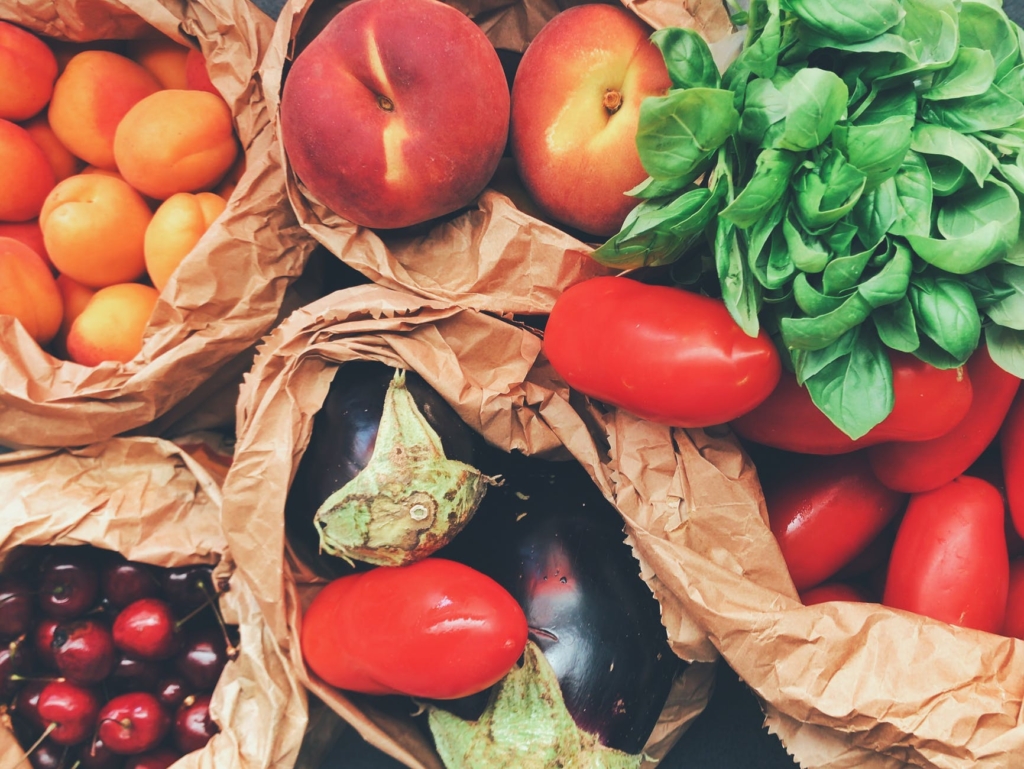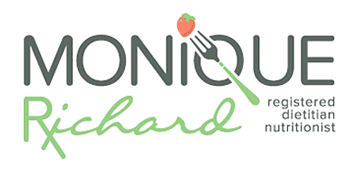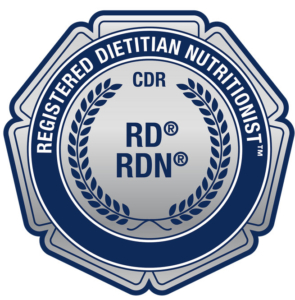Sustainable living is a hot topic these days. It definitely has been in the wheelhouse and on the radar of this dietitian for a while now. Whether it be buying local produce opting for reusable bags and reusable water bottles or glass storage containers over plastic or even purchasing clothes made from organic cotton, second-hand or thrift stores- many people are changing their purchasing and waste habits in order to better the environment. We’re at a critical time where awareness and proactive change regarding the environment and individual choices is more important than ever. Being more sustainable is an effort most of us can put a little more thought and energy into but many may not know where to start. Some take sustainable living to extreme lengths, going ‘off the grid’ entirely, but supporting the environment doesn’t always have to be so daunting or impractical. In fact, it can be as simple as reducing your food waste.
Food waste is actually a major issue in the United States. The Department of Agriculture estimates that 31% of edible food in the United States is thrown away each year! That means nearly one-third of the food we purchase goes to landfills while over 795 million people are going to bed hungry every night in this and other countries around the world. Statistics like these are unnecessary and highlight the fact that food waste really is an opportunity for change.
Six Tips To Help Your Wallet & Waistline
In this month’s issue of the Tri-Cities Health and Wellness Magazine, I provide six tips that can be taken to reduce food waste and work toward more sustainable practices.
Each tip can be incorporated into your everyday routine easily but with great benefit to the earth, your health, and the community around you. Implementing sustainable habits related to the food you purchase and consume will also more than likely help your wallet and waistline as well.

Sometimes we may feel like the little decisions we make don’t matter or have a larger impact but especially when it comes to the environment, animal welfare and nutrition status- even the smallest of changes in how we purchase and prepare food add up to yield big changes in our communities, nation and around the globe. Dive into the Tri-Cities Health and Wellness article for more info to start incorporating one of these easy-to-so sustainable eating tips into your day, today!









